
Fall 2013
OF SALT AND SAND: Sea Grant’s History with the Queen Anne’s Revenge Project
A mile off Atlantic Beach, the crowd aboard the Crystal Coast Lady burbles with excitement. Eyes squint through viewfinders. Hands clutch camera phones.
Read MoreMore From Fall 2013
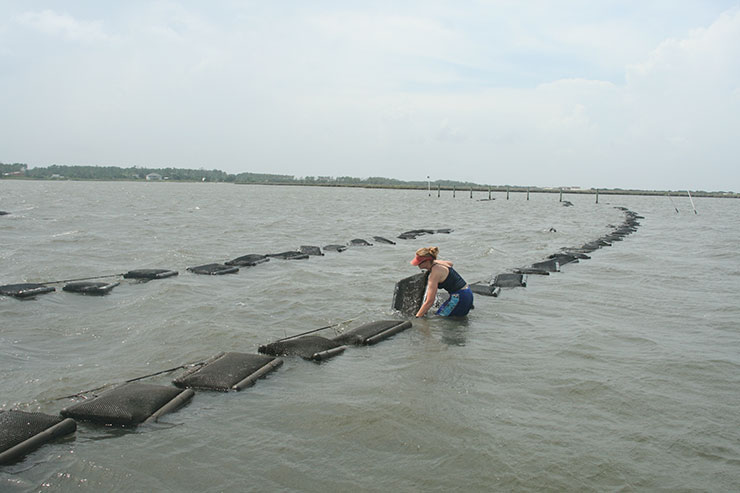
SEA SCIENCE: When Worlds Meet: Relevant Results When Citizens, Scientists Collaborate

FROM THE EXECUTIVE DIRECTOR: Forecast Calls for Change
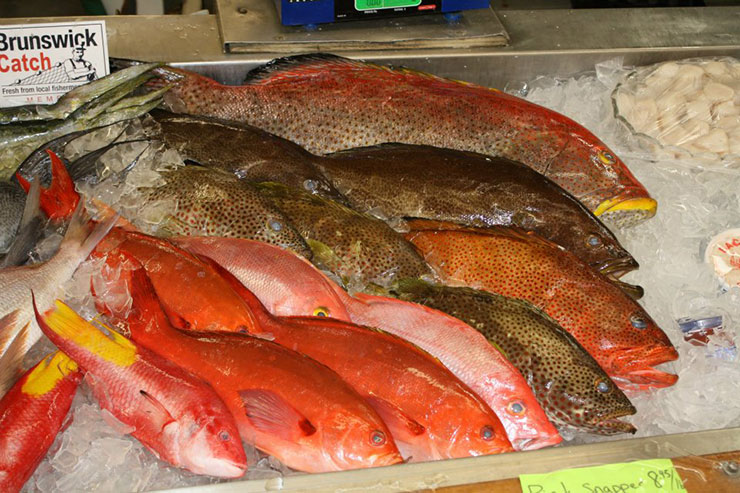
SAILING THROUGH STORMY SEAS: Fish Houses Change to Stay Afloat

Sea Grass Sustains Fisheries
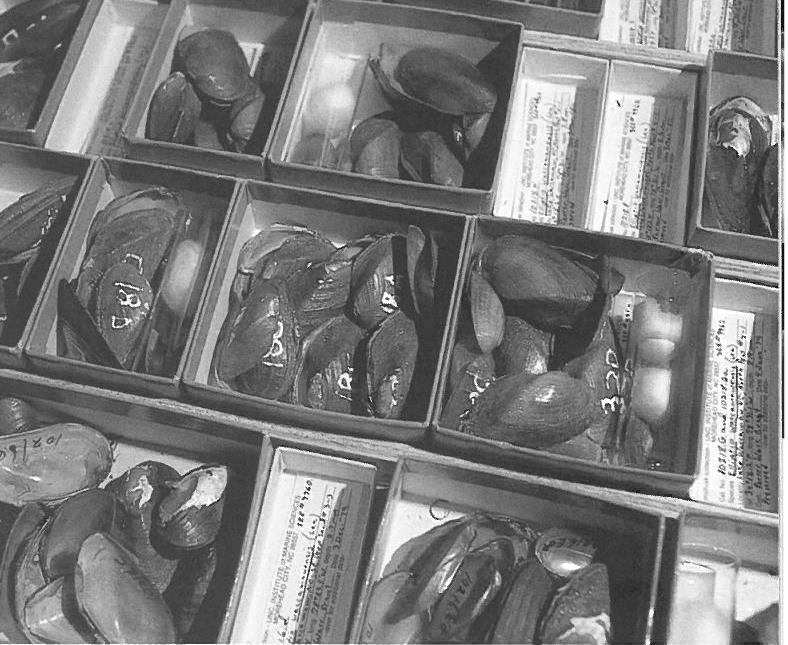
NATURALIST’S NOTEBOOK: A Shell’s Life
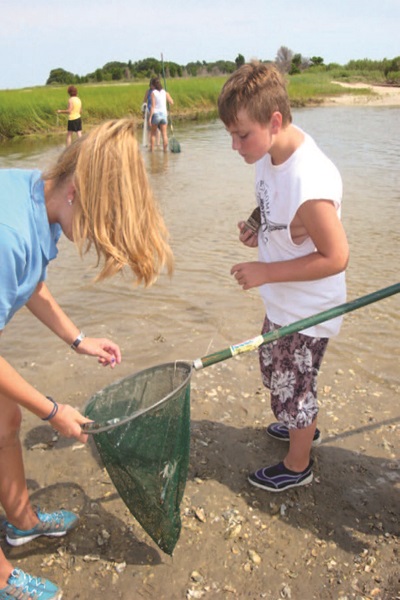
PEOPLE & PLACES: Taking Kids Outside Matters: Promoting Environmental Literacy in North Carolina
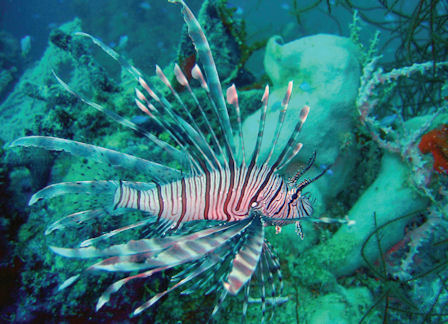
LOCAL CATCH: Hunting Lions
